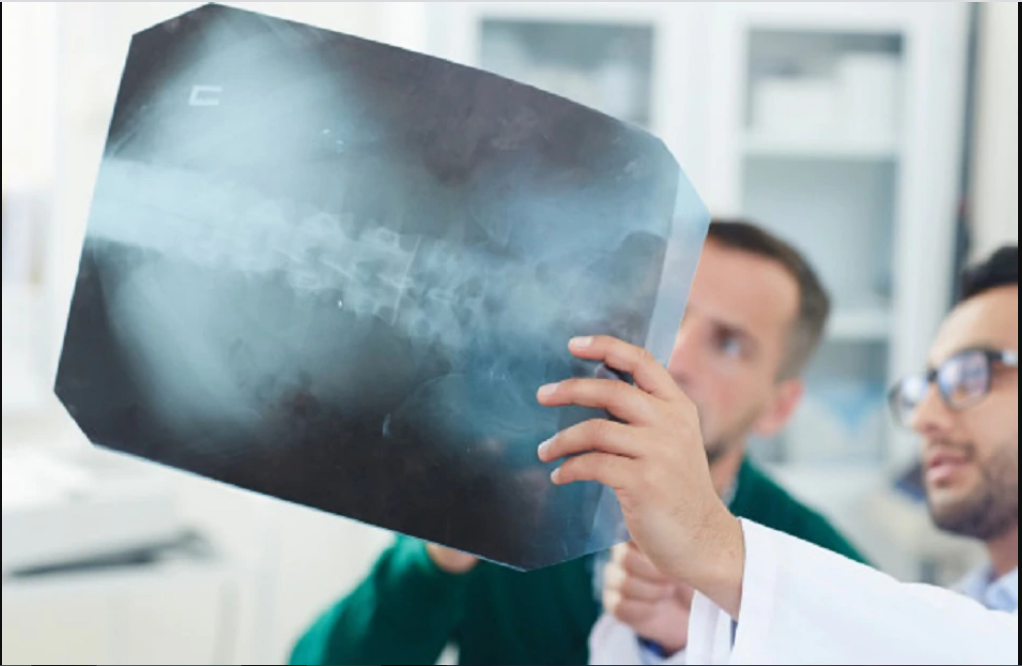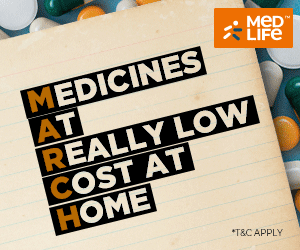These 7 signs show that your bones are getting weak, carelessness may cause many problems in later life
 |
| Image source: Royalty free Creative Commons |
Bones, along with maintaining the body's texture, keep the muscles right and also protect many organs. Therefore it is very important to take care of bones. Over time, the strength of bones starts decreasing. After 30 years, the bone mass (density) of most people decreases and bones become weak. Weakening of bones leads to osteoporosis and increases the risk of fracture. Some signs suggest that your bones are weakening and you should not ignore it.
Weakness of gums-
Due to weakening of bones, gums become troublesome. The jaw bone keeps a grip on the teeth and after an age it becomes weak like other bones. Breaking of the jaw causes teeth to come out of the gum or may even separate. Weakening the jaw can also cause bad teeth.
Weakness of grip
Weakness of grip
Many studies have found a correlation between the grip of the hands and the density of the bones of the wrist, spine and hip. In a recent study on postmenopausal women, the strength of the grip of the hands is considered to be the most important physical test to know the density of bones in the whole body.
Weak and Breaking Nails
If your nails are broken frequently, it may be due to lack of calcium and collagen in your body. Both these nutrients are considered very important for strong bones. Weak nails can be seen as an early sign that your body and bones are in great need of these important nutrients.
Spasms, muscle and bone pain
 |
| Image source: Royalty free Creative Commons |
Some vitamins and minerals, including vitamin D, calcium, magnesium and potassium, are essential for bone health. Lack of these can cause body cramps, muscle and bone pain. If there is a continuous deficiency of these vitamins and minerals in the body, then it can lead to bone loss.
Body Bend
Due to fracture of bones, the body starts leaning forward. This may be the initial symptom of weak bones. Without excessive weight, if your spine is bent or due to sitting poorly, the muscles around the spine start to weaken, then it is possible that your bones have started to weaken.
Lack of fitness
If your fitness is declining, it may be that your bone mass (bone density) is decreasing. Studies have shown that weight loss exercises reduce bone loss and they form strong bone through calcium and bone forming cells.
Fast heart beat
The average heart rate is between 60 and 100 beats per minute, but experts say that having a pulse rate of more than 80 beats per minute increases the risk of hip, pelvis and spine fractures. Heart rate indicates your level of fitness.
Copyright statement: The graphic is irrelevant. This article is reproduced for the purpose of conveying more information. If there is an error in the source labeling or infringement of your legal rights, please contact the website with the certificate of ownership, and we will correct and delete it in time, thank you.
















No comments:
Post a Comment